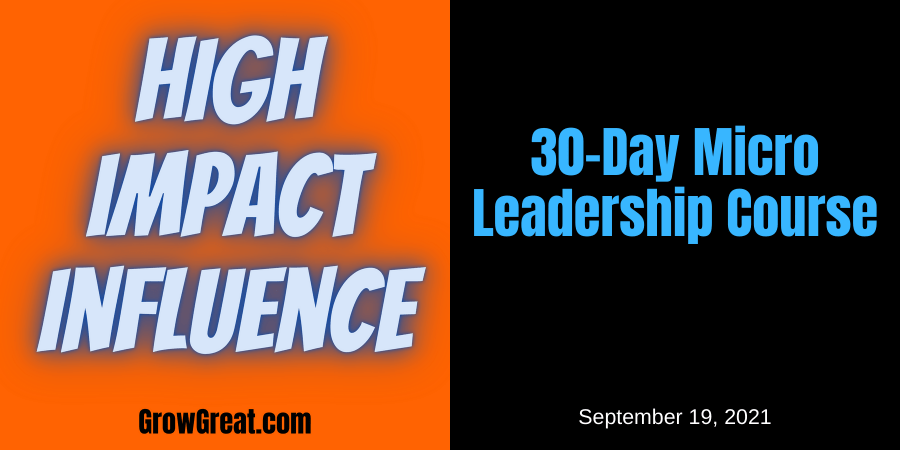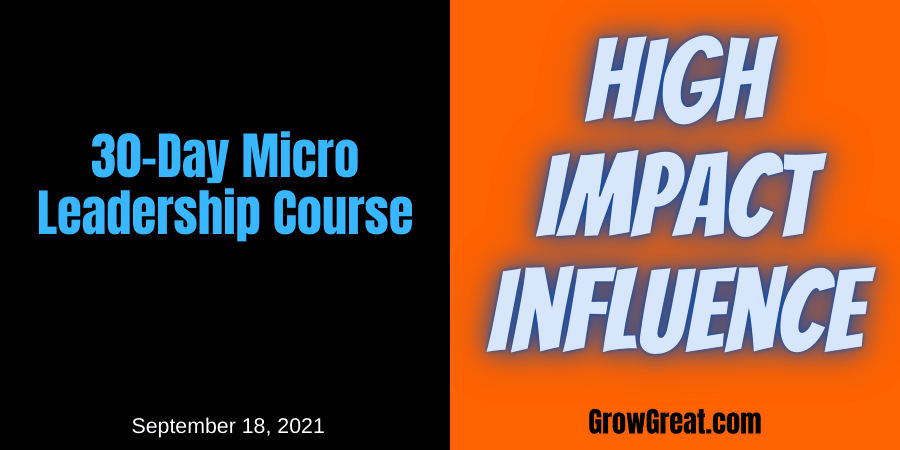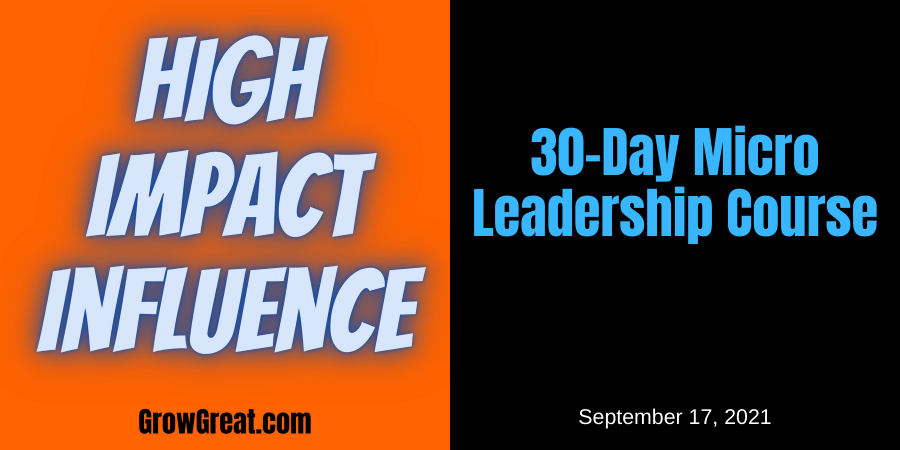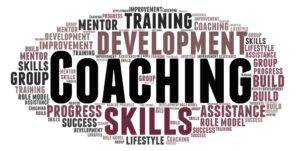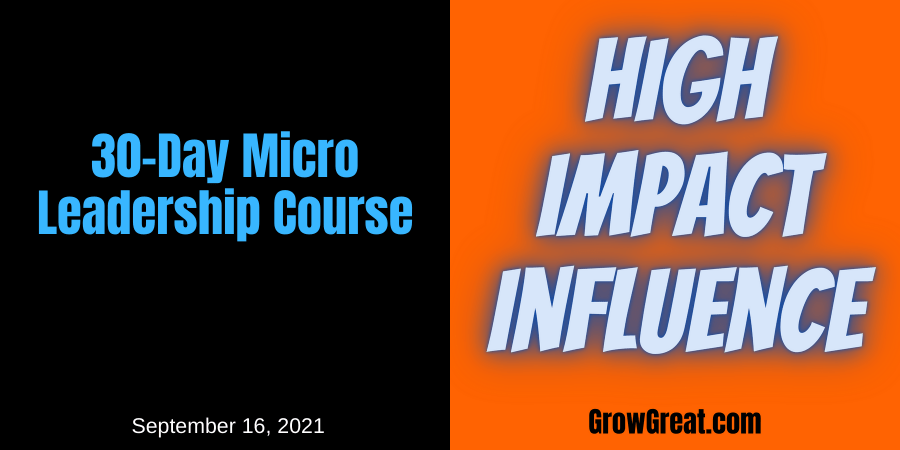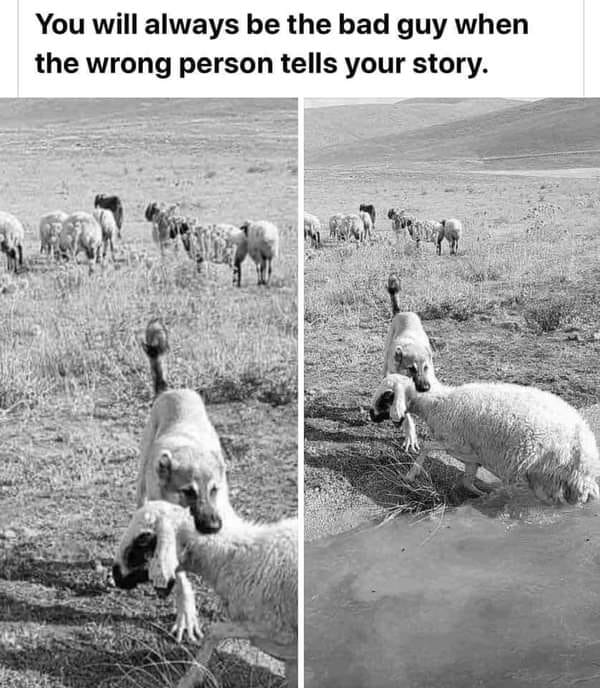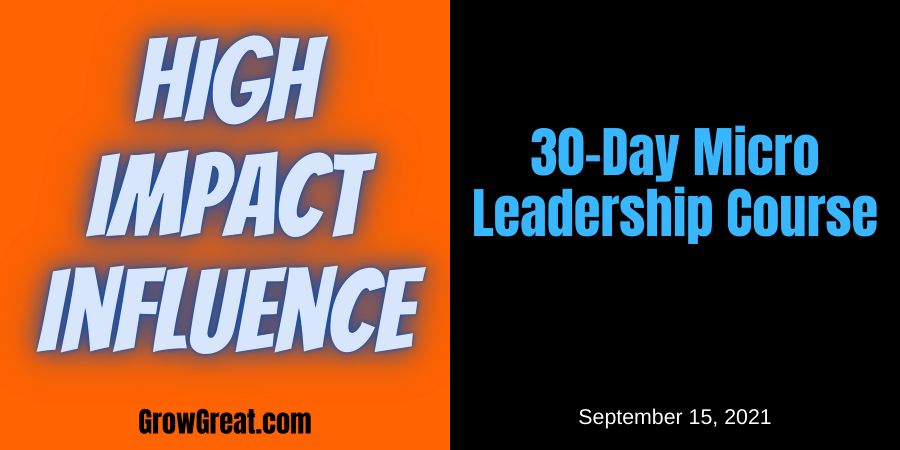30-Day Micro Leadership Course (September 19th 2021)
Podcast: Play in new window | Download (Duration: 13:07 — 12.0MB)
Subscribe: Apple Podcasts | Spotify | RSS | More
Day 19. September 19, 2021.
While most of the things contained in this 30-Day Micro Leadership Course are timeless, there is a current disruption that may last for years – the great resignation. Google it and you’ll be overwhelmed with search results. There are millions of people who, thanks to the Pandemic and other reasons, are opting out of traditional work. Additionally, my generation – the baby boomers – are reaching retirement age, even though many of us have no plans to quit working. Leadership roles have been largely filled by baby boomers who are now stepping away to retire or do different work. All of this is leaving an incredible, unprecedented void in organizations. Many experts predict this void will be in place for a number of years to come.
Developing people, serving people and growing people are more crucial today than ever before because of this shift. Neglect this work and you run the high risk of being left in the dust by organizations dedicated to it.
Business is comprised of 3 basic things: ideas, money, and talent. There’s no lack of ideas. Everybody seems to have a great idea. Few of those ideas ever see the light of day because most people don’t do anything about their ideas. As for money, it’s always available. Sometimes it’s easier to get than at other times, but usually, it’s just gauged by how good the ideas are. When the economy is robust, even bad ideas can get funded. When the economy isn’t so good, great ideas still find the money needed. But talent is always a struggle. And even more so today!
The good news is that YOU are the differentiator. So are the people on your team. Or the people in your organization.
Yesterday we talked about looking at your organization as a garden – a garden where you’re growing people. Now let’s get busy figuring out how.
Step 1: Focus on the individual.
Effective high-performance leaders know the value of making growth personal. Now, this isn’t practical if you’re the CEO of a large organization with thousands of employees. It’s not even practical if you’re the number 1 leader of a small to medium-sized organization with hundreds of people. But it’s always possible with the people who report to you. Or the people within the immediate proximity of your work, those folks you interact with on a regular basis.
Who are these people? I don’t mean their names. I mean what details do you know about them? What are their dreams and ambitions? What do they each consider growth opportunities? If you don’t know, then you’re understanding the gap in your leadership – it’s not personal enough.
Step 2: Focus on the collective.
Another disruption made worse by the Pandemic is the siloing of employees and departments. It’s always been a challenge, but the Pandemic made it worse. People understand their role and often fail to understand the role of their teammates, especially those teammates outside of their immediate team. Sometimes they even fail to understand the various roles of teammates with whom they work. It’s easy for us to get our head down, focused on our work, and never give thought to those around us, much less those completely outside of our department.
Effective leadership involves finding ways to give employees the opportunity to understand they’re not alone, and that we’re all in this together. This isn’t merely some team-building philosophy, but a more practical reality where people have the chance to see one another as humans who share an experience. Those folks down the hall in that other department aren’t likely so different from you. It’s highly probable that they share some frustrations with you – along with a host of other things, positive and negative.
Leaders who find a way to help the collective develop into a more cohesive unit will find employees who are better able to understand each other, connect more deeply with one another and collaborate to elevate the performance throughout the organization. It’s done with communication. Just like step one.
Step 3: Care, challenge, and build accountability.
It begins with making sure you care about people. I know you care about results. You likely care about systems and processes, too. Maybe your business is product-focused so you have to care about that. You may be in city government where you have to care about politics, including the community you serve. There are lots of things to care about, but none is more important than caring about your people.
I don’t have a magic bullet or pill you can take to help you care about people. Can people learn and improve empathy? It depends. Not if you’re a psychopath! 😀
We can all grow through improved vision. By seeing things more clearly, everybody can get to a new level of performance. Even when it comes to caring.
In my earlier sessions where we went through the ingredients for the recipe for improved leadership, we talked about compassion. The verb “care” has the same connotation, “a focus on others.”
Great leaders have the capacity to focus on others. And they’re always willing to find new heights within themselves to keep improving it. Why? Because they understand that’s where their biggest competitive advantage happens. They understand that talent is the name of the game. And talent isn’t some grandiose notion – it’s real world. It’s a daily effort where people know they matter because leadership continues to make them the priority.
If you’re married, do you know whether or not your spouse cares about you? Are you able to gauge whether your spouse makes you a priority?
Then don’t you suppose your employees can figure out whether you care about them or not? And how much you care? And whether or not they’re really a priority?
Go back and revisit earlier sessions where we talked about employees needing congruency in order to grow and thrive. You can’t say one thing and do something different. It will drive people away because they’ll be unable to make sense of it all. The pieces won’t fit as they hear you say something, but they fail to see it in action.
You have to care and you must demonstrate how much you care by doing everything possible to help people succeed. That means putting people in the best positions possible to achieve their goals – and to be superior performers. No, you can’t do it for them, but it’s your job to put them in ideal situations so they can succeed. Set them up for success, not failure.
Challenge and accountability are part of caring. If you’re a parent I can easily demonstrate it. If you didn’t love your children you’d have no expectations for them. Because you want their best, you have high hopes for them. Not to live their lives for them, but to set them up for a great life. You know it’s important for them to be responsible. So you give them chores, you expect them to stick with things, you want them to complete school assignments – in short, you want them to accept responsibility for their own work. You don’t want them to rely on laziness or procrastination. So you challenge them, sometimes in spite of their objections and tantrums. You do it because you love them and want their best.
Remember my definition of leadership — influence and doing for others what they’re unable to do for themselves.
Doesn’t that sound like what we do for our children? They’re not able to see what we see so we’re working diligently every day as they grow and mature, hoping to teach them valuable lessons that will benefit them now and later.
Do the same thing for your people. And when they disappoint you – and sometimes some of them will – then keep serving them. Care about them because they’re humans and they’re part of your team. Be responsible for your influence and your ability to do for them what they can’t do for themselves.
Be well. Do good. Grow great!

30-Day Micro Leadership Course (September 19th 2021) Read More »
